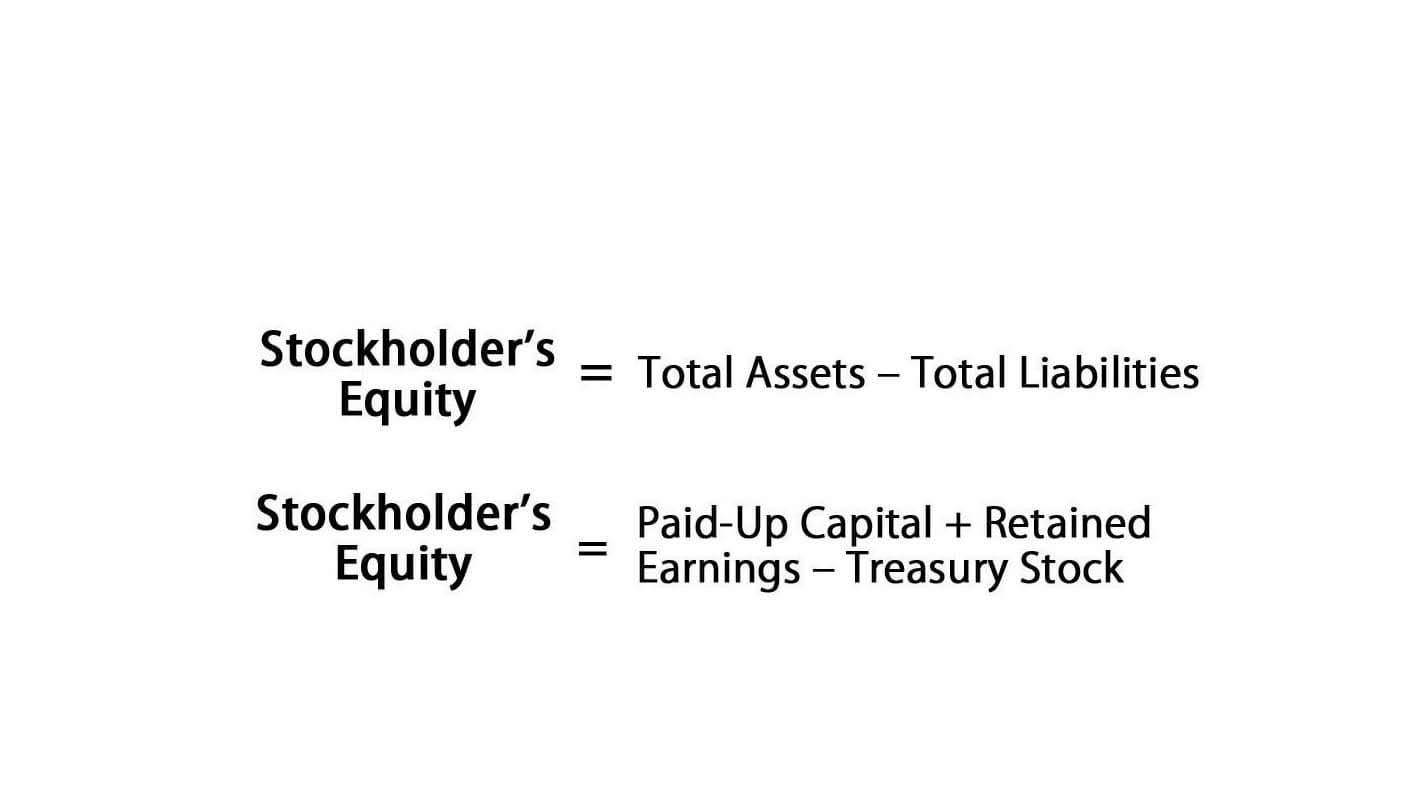Content
Financial Accounting System has rules and conventions to record the business transactions in the books of accounts. Moreover, the tools and techniques applied by the management are different between organisations and sometimes are specific to a particular industry or sector. The financial accounting information is analysed and thus interpreted with new dimensions. In this way, data helps management to take the line of action that supports their goals and objectives or desired outcome. Under the financial accounting system, a profit and loss account is prepared to know the quantum of profit earned or loss suffered. It does not disclose the reasons for such quantum of profit earned or loss suffered.
Payscale reports that salaries for managerial accounting roles vary widely based on these factors, with a salary range between $46,000 and $105,000 as of June 2022. Aspiring managerial accountants may be able to boost their earnings — and help themselves stand out in the job market — by earning an advanced degree. Accountants play a pivotal role in improving their organization’s financial and operational performance by helping key decision-makers understand the nuances of ongoing business activities. Using both quantitative and qualitative financial information, accountants create detailed reports and recommendations that guide investments, capital management strategies and organizational goals. Like financial accounting, https://adprun.net/10-property-management-bookkeeping-basics/ is often aided with the use of accounting software.
What is Managerial Accounting?
Management accounting concentrations include additional courses in controllership, internal and operational auditing, accounting and reporting issues, and advanced management accounting. For every business decision that impacts the accounting statements, management accountants are the most influential in the value of the business. Along with budgeting, forecasting, management of performance, and control of internal processes, the management accountant’s impact decisions related to strategies, operations, and technology. «Management accountants expand their skill base to include knowledge of cost accounting and finance tools such as discounted cash flow,» Knee states. «Since management accountants function inside a business, a good grounding in economics and the softer skills such as communication and presentation skills, writing, persuasion, and interpersonal relations skills is required.» While management accounting can help businesses in many ways, it still presents challenges.
- In management accounting or managerial accounting, managers use accounting information in decision-making and to assist in the management and performance of their control functions.
- Appropriately managing accounts receivable (AR) can have positive effects on a company’s bottom line.
- This allows them to tailor their findings in ways that meet different end-user needs without worrying about regulatory compliance.
- Most small businesses use this method to track their transactions and organize records into consolidated statements summarizing their financial circumstances.
- While management accounting can help businesses in many ways, it still presents challenges.
- The most significant recent direction in managerial accounting is throughput accounting; which recognizes the interdependencies of modern production processes.
- Activity-based costing also de-emphasizes direct labor as a cost driver and concentrates instead on activities that drive costs, as the provision of a service or the production of a product component.
Managerial accounting involves examining proposals, deciding if the products or services are needed, and finding the appropriate way to finance the purchase. It also outlines payback periods so management is able to anticipate future economic benefits. Managerial accountants perform cash flow analysis in order to determine the cash impact of business decisions. Most companies record their financial information on the accrual basis of accounting. Although accrual accounting provides a more accurate picture of a company’s true financial position, it also makes it harder to see the true cash impact of a single financial transaction. A managerial accountant may implement working capital management strategies in order to optimize cash flow and ensure the company has enough liquid assets to cover short-term obligations.
What are the objectives of management accounting information?
Bookkeeping for Truck Drivers is concerned with preparing and presenting accounting information in such a way as to assist a firm’s management in designing policies, planning, and controlling the operations of the undertaking. The most significant recent direction in managerial accounting is throughput accounting; which recognizes the interdependencies of modern production processes. For any given product, customer or supplier, it is a tool to measure the contribution per unit of constrained resource.



